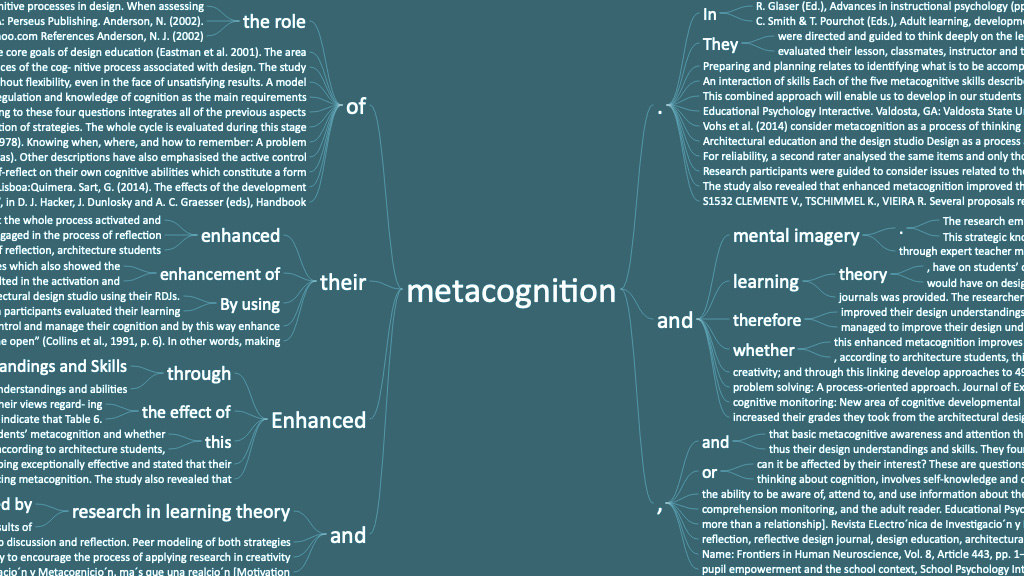Fall 2009 - Spring 2012 | Master Student
Universidad de los Andes, Master in Education Program
This thesis presents a research study that implemented, documented, and evaluated the use of Design Based Learning as a strategy to foster problem-solving skills in 4th grade children, during an after-school program offered in the year 2011 in Bogota, Colombia.
This study aimed to explore the learning process that participants experienced during this program, and the lessons the investigator learned in its triple role as designer, instructor, and researcher.
The presented study was divided in three components: (1) the planning of the design-based educational intervention as an after-school program, (2) the implementation of the planned intervention where the researcher guided 22 children in solving a problem from their communities through the Design Thinking process, and (3) the evaluation of this educational experience through research.
The planning component was framed within a constructivist perspective, proposing a learning environment that led students to construct their own understanding of the problem and of the design process. The implementation component was based on the Design Thinking process proposed by Stanford’s d.school aiming to offer children opportunities to observe and reflect upon their own realities, to propose a broad range of creative solutions to identified problems, and to prototype, test and evolve those solutions. The evaluation component was approached from a naturalistic perspective, using qualitative research techniques (e.g. participant observation, semi-structured interviews, artifact collection) to understand and build a narrative about the learning process followed by the children and the researcher.
As results, the thesis presents evidence of learning of different design skills—referred as Design Thinking mindset by the d.school—such as: human-centredness, empathy, mindfulness of process, culture of prototyping, show don’t tell, bias toward action, and radical collaboration. Also, it presents a series of reflections about the roles assumed by the designer in this learning environment, and discusses the educational possibilities of design-based learning.
Download full thesis (1.8 MB): Design Based Learning (Spanish).pdf









